Health
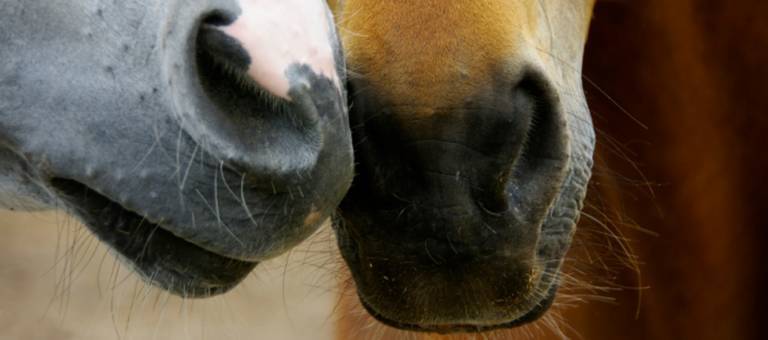
March 10, 2011
Runny Nose: Should You Call the Vet?
Other types of nasal discharge (heavy, thick, green or yellow, creamy, carrying an unpleasant odor) are more likely to
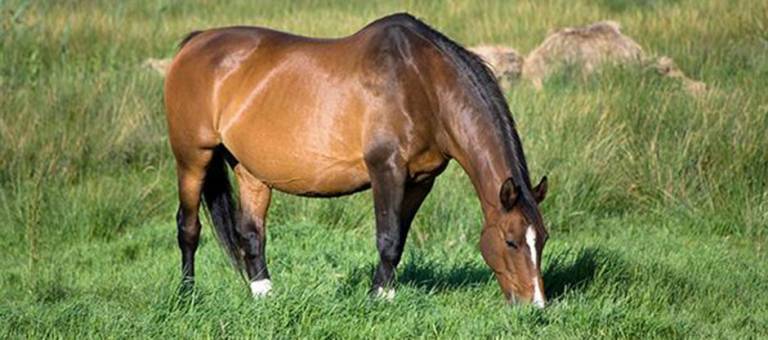
March 10, 2011
Clue to Foal Sex Determination
Of the gaining mares, 80% gave birth to colts, while only 3% of those losing weight gave birth to
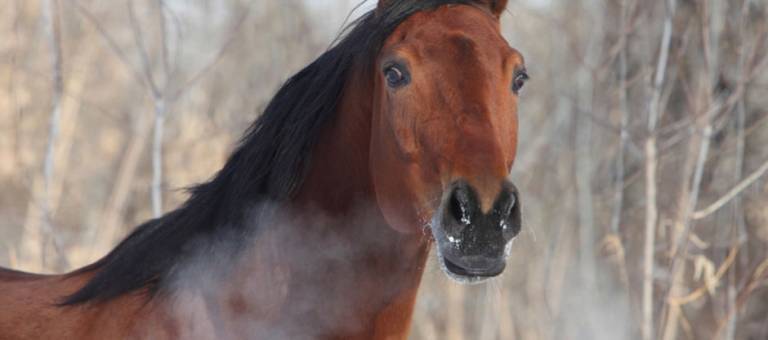
March 08, 2011
Wind Machine: The Equine Respiratory System
The horse's respiratory system is designed to move a huge quantity of air into and out of the lungs
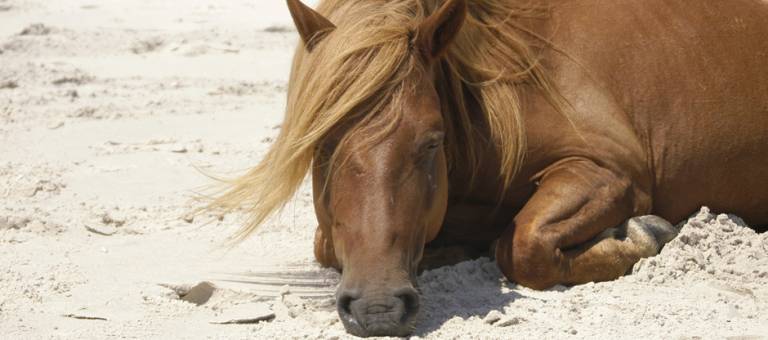
March 08, 2011
Unexplained Neurological Disease Reported in Horses
It is vital that appropriate samples and a full history are collected to assist in building a full understanding
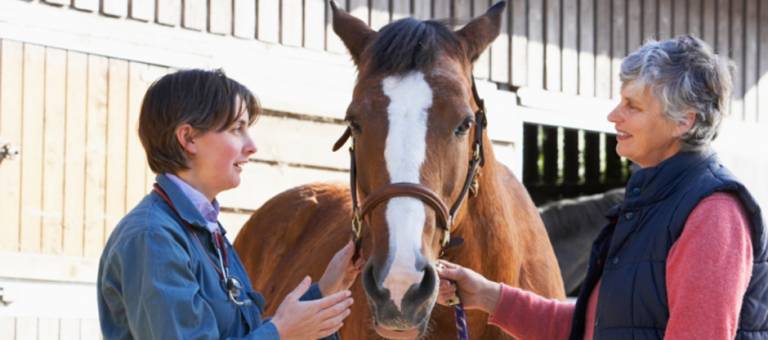
March 03, 2011
Equine Diseases: EEE, WEE, WNV, and VEE
Each of these diseases continues to be a potential threat because the viruses that cause them are still present
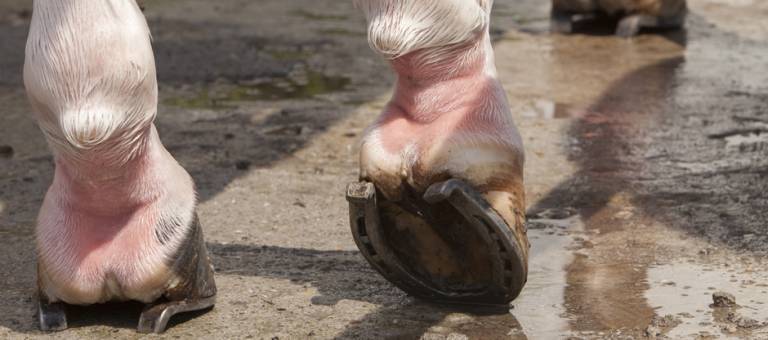
March 03, 2011
New Weapon Against Scratches
Scratches is the name commonly given to the patches of cracked, irritated skin, often with a secondary bacterial infection,
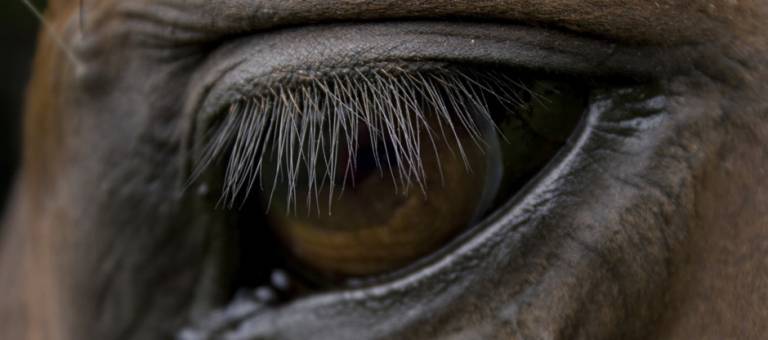
March 01, 2011
Treating Equine Eye Irritation
Horses with equine recurrent uveitis (ERU) show swelling of the eye, irritation, and eventual blindness. Treatment used to involve
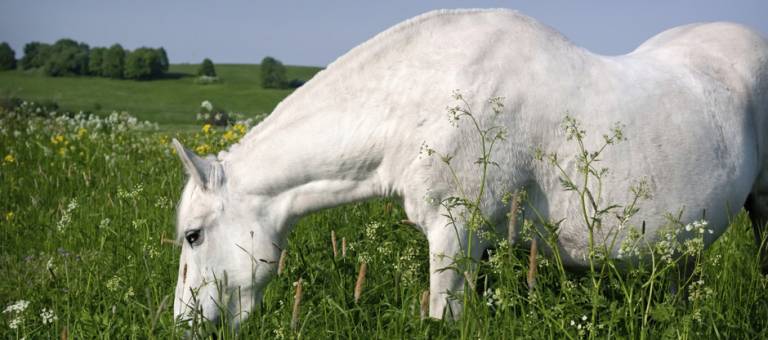
March 01, 2011
Common Diseases of Older Horses
Maladies of the digestive, musculoskeletal, respiratory, and endocrine systems are the problems seen most often in older horses and

February 28, 2011
Management Practices to Minimize Colic
Reducing the occurrence of colic is possible when sound management practices are followed.
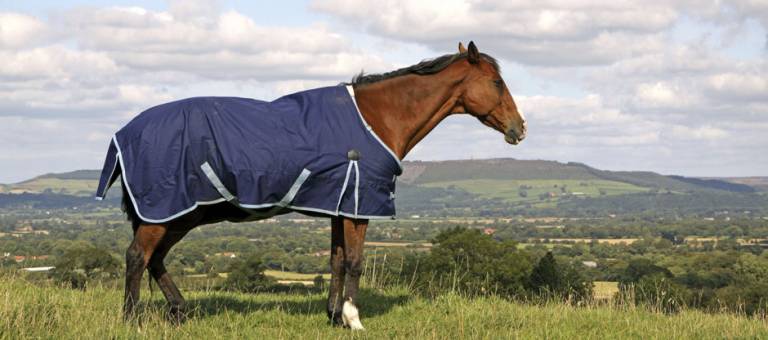
February 25, 2011
Lower Critical Temperature for Horses
Body temperature of horses is influenced by the ambient temperature, wind, sunlight, precipitation, and relative humidity. The most common







